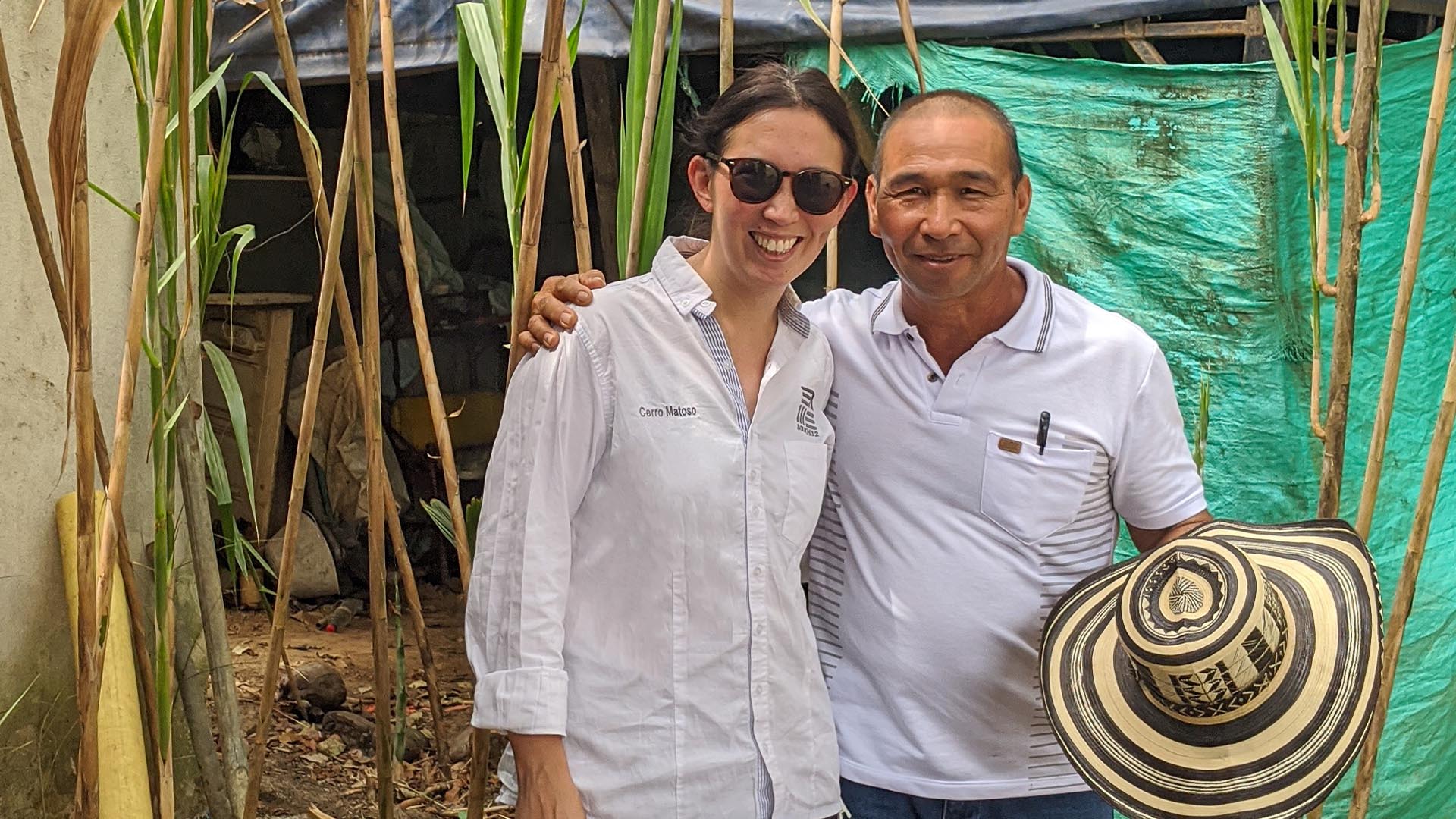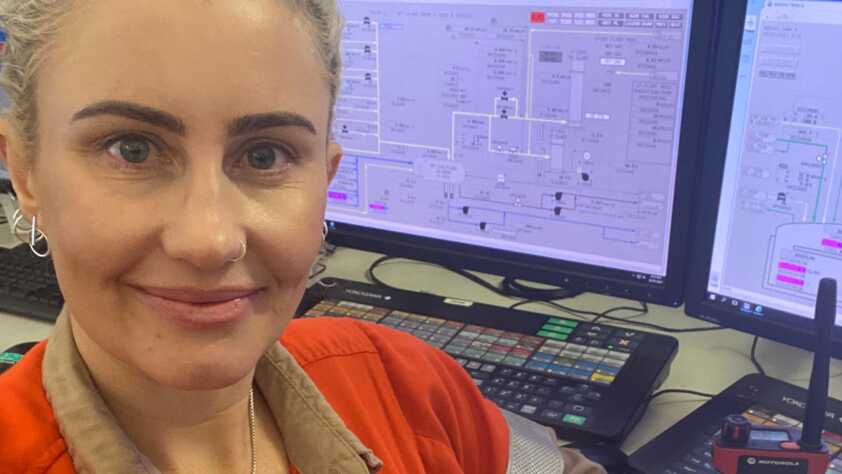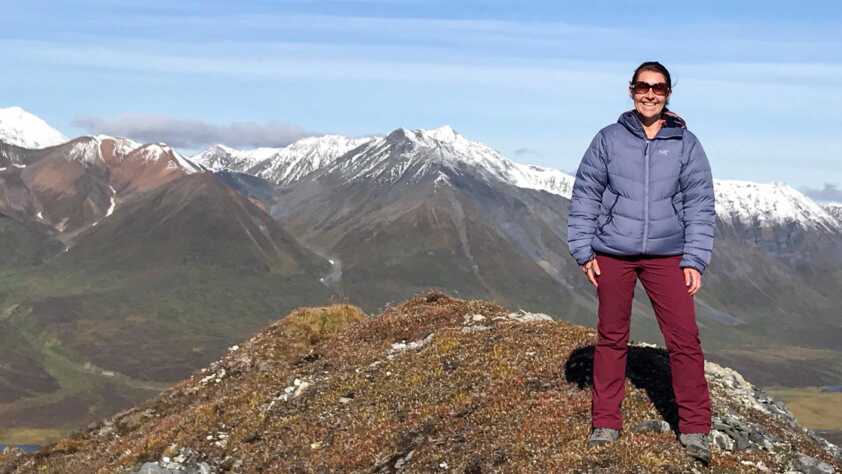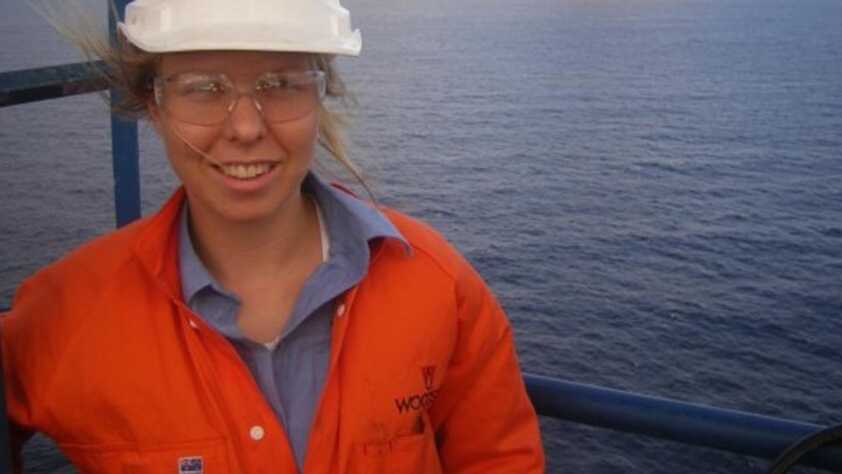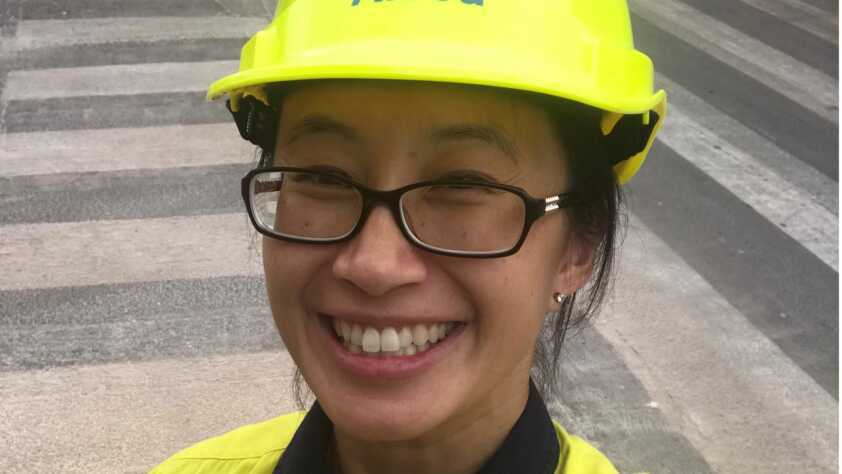Shaeron is the Principal, Sustainability Strategy (Human Rights) at South32 and enjoys working with people from a range of different backgrounds.
What do you enjoy most about your job?
I get to work with a diverse group of people on social justice issues I’m passionate about. Every day is different, with a good mix of topical policy discussions and designing systems and strategy in a way that can sustainably change behaviours across the industry. My role also provides a lot of opportunity to collaborate with colleagues across the entire business and our operations, as well as with peers from other companies. I’m also really encouraged that everyone I work with genuinely cares about human rights.
Before COVID-19, I also loved the travel aspect of working for a global mining company. Having the opportunity to meet and talk with community members near our Cerro Matoso operation in rural Colombia is a particular highlight.
Describe your career path to your current job?
Before starting law school, I spent time volunteering for local organisations in India, Thailand, Romania and China.
I trained and worked for several years as a lawyer in Perth, Sydney and London, including working inhouse in London at BP and the BBC. Working across a range of sectors, I spent a few years advising mining companies working in Africa.
I moved back to Australia where I worked for a non-profit foundation advocating for the Modern Slavery Act, which was a great career shift. I learned about advocacy, civil society and how to influence policy change. During this time, I also helped established the Bali Process government and business forum, to facilitate similar policy dialogues on human rights in the Asia-Pacific region.
When the opportunity at South32 came up, I was really interested because it meant I could start to practice what I had preached as part of my advocacy efforts.
Moving into mining wasn’t planned when I started out, but I like how my career has come full circle to draw on my experiences working as a lawyer and from my time in the not-for-profit sector. My background in other areas has set me up well for successful roles in the resources sector.
What attracted you to a career in mining & resources?
The opportunity to work on human rights issues in a range of developing countries and to generate sustainable development change.
How do you juggle working in mining and resources with family life?
Mining has offered me one of the most flexible working environments of my career. I’m able to continue my challenging yet interesting work in a flexible way, for example, working from home when I need to. I definitely don’t miss the extremely long hours of a lawyer!
What do you think of the general perception that mining and resources is a male-dominated sector?
While there’s still a lot of work to do to reach gender balance in the industry, particularly at the operational level, in the sustainability and human rights space, it’s not the case at all. We’re fortunate to have a lot of women in sustainability and it would be great to see more, but I’d also like to see more males pursuing these types of careers too.
What’s the biggest thing you would like other women to know about working in mining and resources?
It’s a fascinating time to join an industry in transition, where societal expectations are growing, and new laws are rapidly emerging. The world needs mining and we’re developing more sustainable ways for the future, in a way that respects equality and dignity for all.


